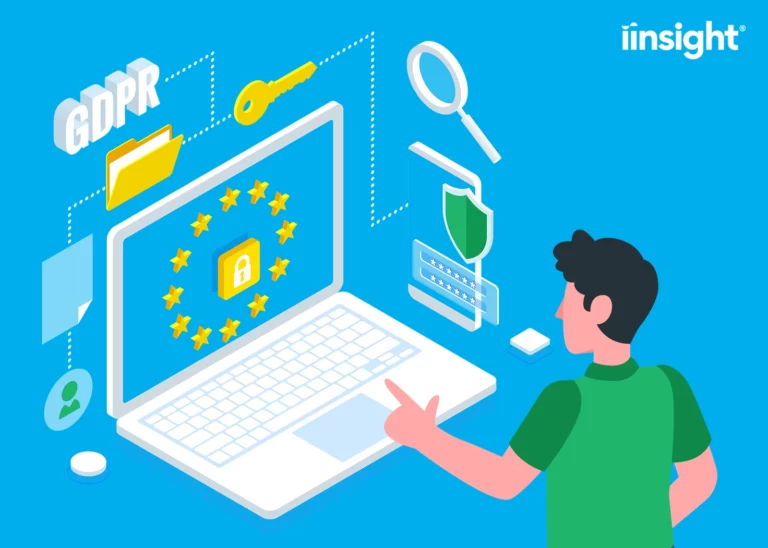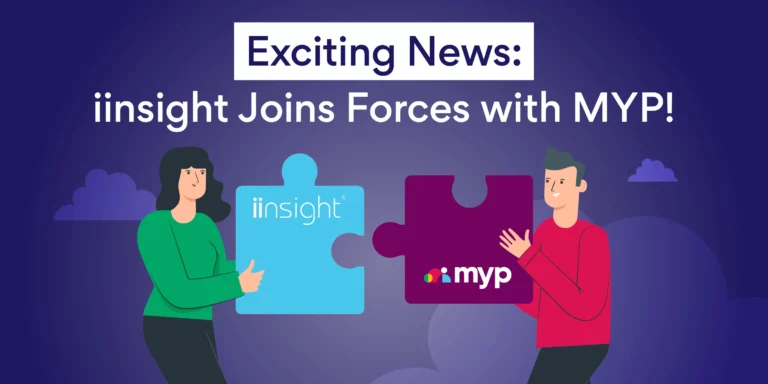Psychologists have legal and ethical responsibilities to maintain client records. Thanks to psychologist management software, they can effectively and efficiently do this and avoid different kinds of record-keeping problems. Through management software, they can ensure the security and accuracy of their data, reduce duplication, and comply with the guidelines set by the regulatory boards. This technology also allows them to make accurate referrals and see to it that their clients are receiving proper and continuous psychological and therapeutic support services.
What are the most important features of psychologist management software?
- Cloud-based software
One of the problems with traditional record-keeping is accessibility. With the client information saved in one local computer, the risk of files getting lost or destroyed is high. This is why using cloud-based psychologist management software is better. This allows psychologists and their staff to access patient records from any device anywhere. Cloud-based software is highly encrypted and continuously backed up so that the files are always secure and no one can easily hack into the system.
- User-friendly interface
The best-case management software makes record-keeping and other administrative tasks easier for practitioners. This way, you can spend more time providing care to clients instead of entering data. Some systems let you drag and drop files from your computer to the system for effortless data entry. They also let you put labels and subcategories specific to your organisation so that you can organise and search for records faster.
- Accounting system and insurance integration
Case management software that fully integrates with an accounting system automatically synchronises invoices and payments to avoid double entry of data. Creating billing, invoices, and timesheets are quick and easy because you can access the system using your computer or phone. And because the client records are always updated, you can also ensure accuracy.












